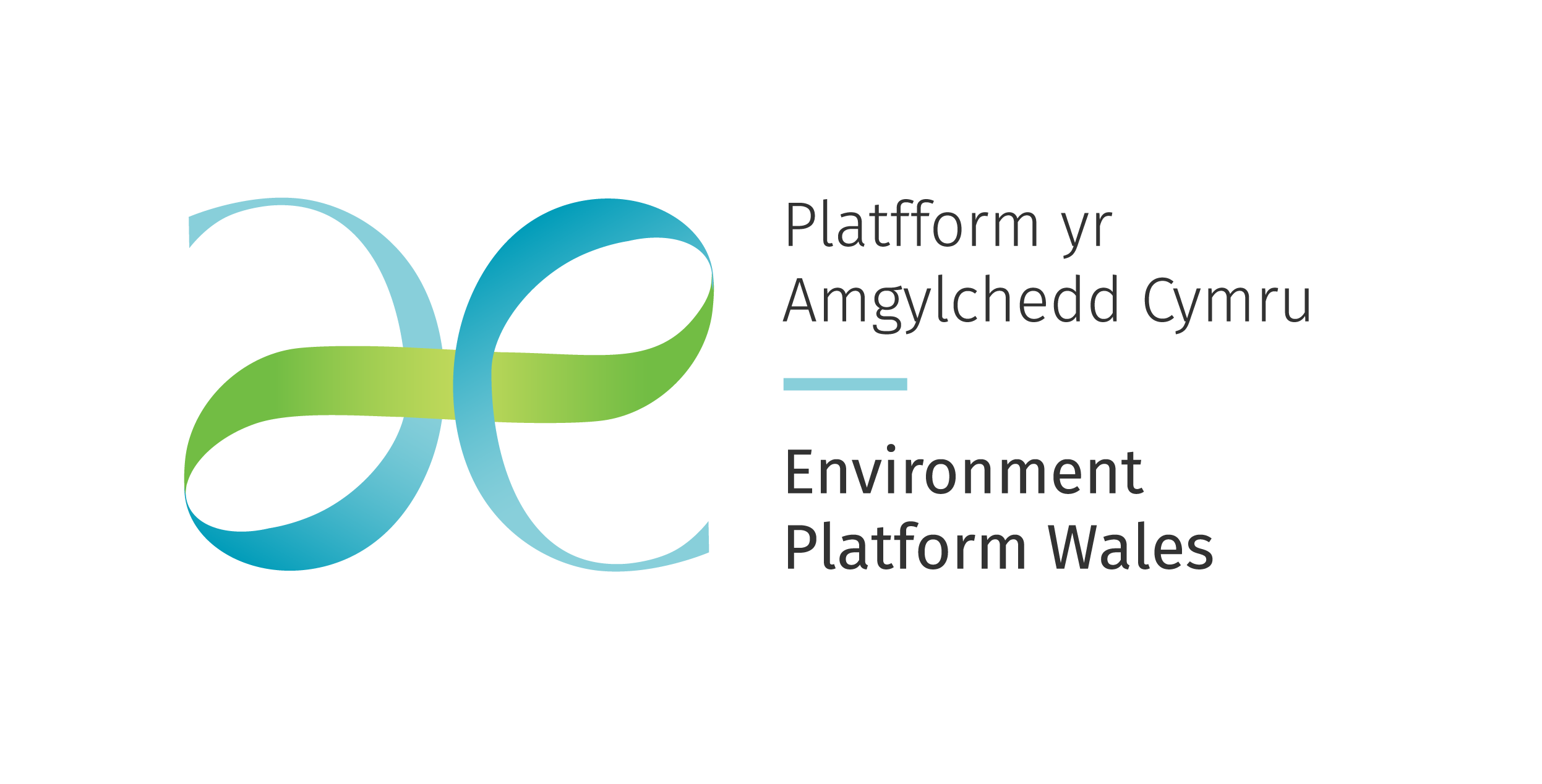
Notes from Joint EPW/Academi Heddwch scoping meeting on Environment and Peace, 21 November 2023
Five major areas of interest were identified in discussion:
- What does peace mean in the context of environment? Although there was a general recognition that peace was a broad concept and more than the absence of war, equally there needed to be some definition/understanding of peace to avoid the term becoming meaningless.
- The complex nexus of power/engagement/representation/intersectionality. This nexus affects understandings of and actions on a wide range of issues and agendas relating to the environment. Specific issues discussed included carbon infidelity, carbon colonialism, representations of nature and carbon trading.
- Technology and the environment.
- Both mitigation and adaptation could generate conflict through stressful changes required (eg Neath/Port Talbot being Wales’ biggest carbon producer but also major employer).
- Migration – although receiving much attention, in wales there are specific issues of (i) who is welcome and who is not, and why; and (ii) internal displacement within Wales due to coastal erosion etc.
- Peace could also be a state of being – a sense of tranquillity, ‘feeling peaceful’. This was not simply individual, but could be organisational/community, and something Wales has in the past advertised itself as providing (rural idyll etc). Could ideas of peace therefore be used for a better environment? But equally disagreement is important for progress and we need to differentiate between conflict and disagreement.
- Peace operates at different scales – from geopolitics to local communities. What would a peaceful world look like at these different scales in the context of environmental change?
- At the local level there is growing polarisation of and between communities, and some evidence of disassociation, which is especially important when thinking of environmental challenges and peaceful societies.
- Why is the narrative on the environment one of security and not peace?
- Is there an issue of people being increasingly removed from the environment and a lack of engagement with the natural world? Is this a social/occupational/class phenomenon?
- Future engagement should include community groups and Future Generations Commissioner.
- Welsh agenda consists of 3 elements:
- Expression in Wales
- Impact of Wales
- Resources in Wales (including intellectual resources for addressing challenge).
Mike Woods’ table:
| Impacts | Mitigation | Adaptation | |
| External on Wales | Climate refugees Geopolitical conflict (impact on food supply, energy supply, etc) | Regulations from the outside (are these resisted?) | ?? |
| Wales’s external responsibilities | Wales’s contribution to carbon emissions etc – impacts on peace elsewhere? (E.g. emissions from agriculture) | Caron offsetting Renewable energy Does Wales have a responsibility to use its natural resources to do these for wider benefit? Local conflicts around these measures? | Wales contributing technologies for adaptation. (How does this connect to peace?) |
| Within Wales | Flooding etc Do these impacts lead to social disorder within Wales? | What mitigation within Wales? | Land use change? Planned coastal retreat? Etc? Are these accepted or resisted? |




